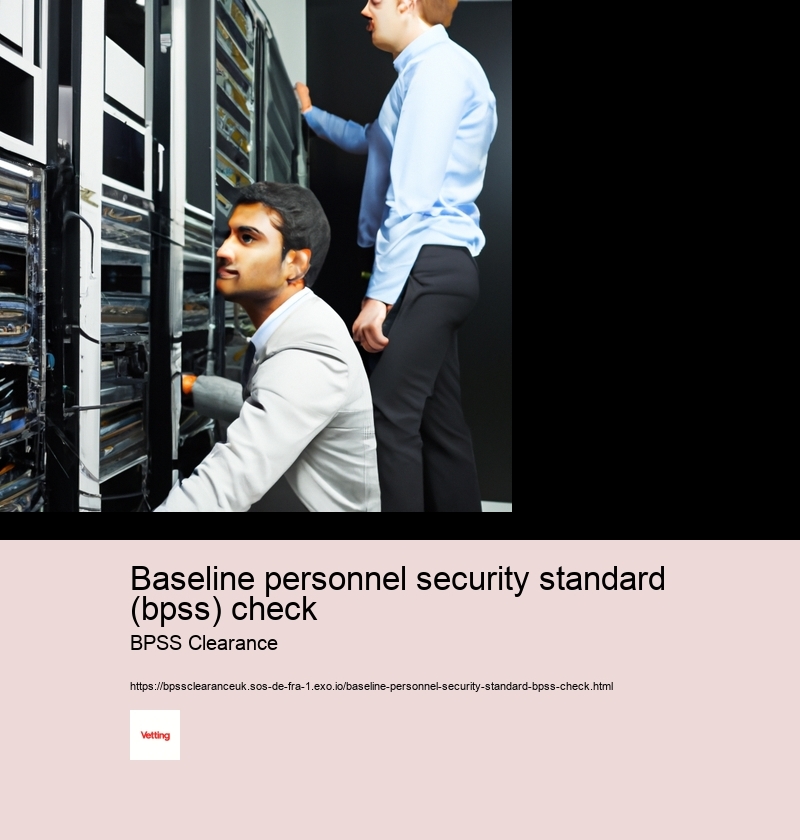baseline personnel security standard (bpss) check
What is BPSS requirements?
As part of BPSS clearance, a basic criminal record check is conducted. This is generally quicker than more detailed checks, such as those performed for higher levels of security clearance, but can still be delayed if there are issues with the national criminal records database or if the individual has spent significant time overseas.
While BPSS checks aren't formal security clearances, they're vital for accessing UK OFFICIAL and occasional UK SECRET assets. By undergoing this screening, you not only demonstrate your trustworthiness but also contribute to maintaining the security and confidentiality of sensitive information within your organization.
Several factors can influence the duration of a BPSS check. These include the accuracy of the information provided by the applicant, the speed with which previous employers respond to verification requests, and the specific requirements of the employing organization.



